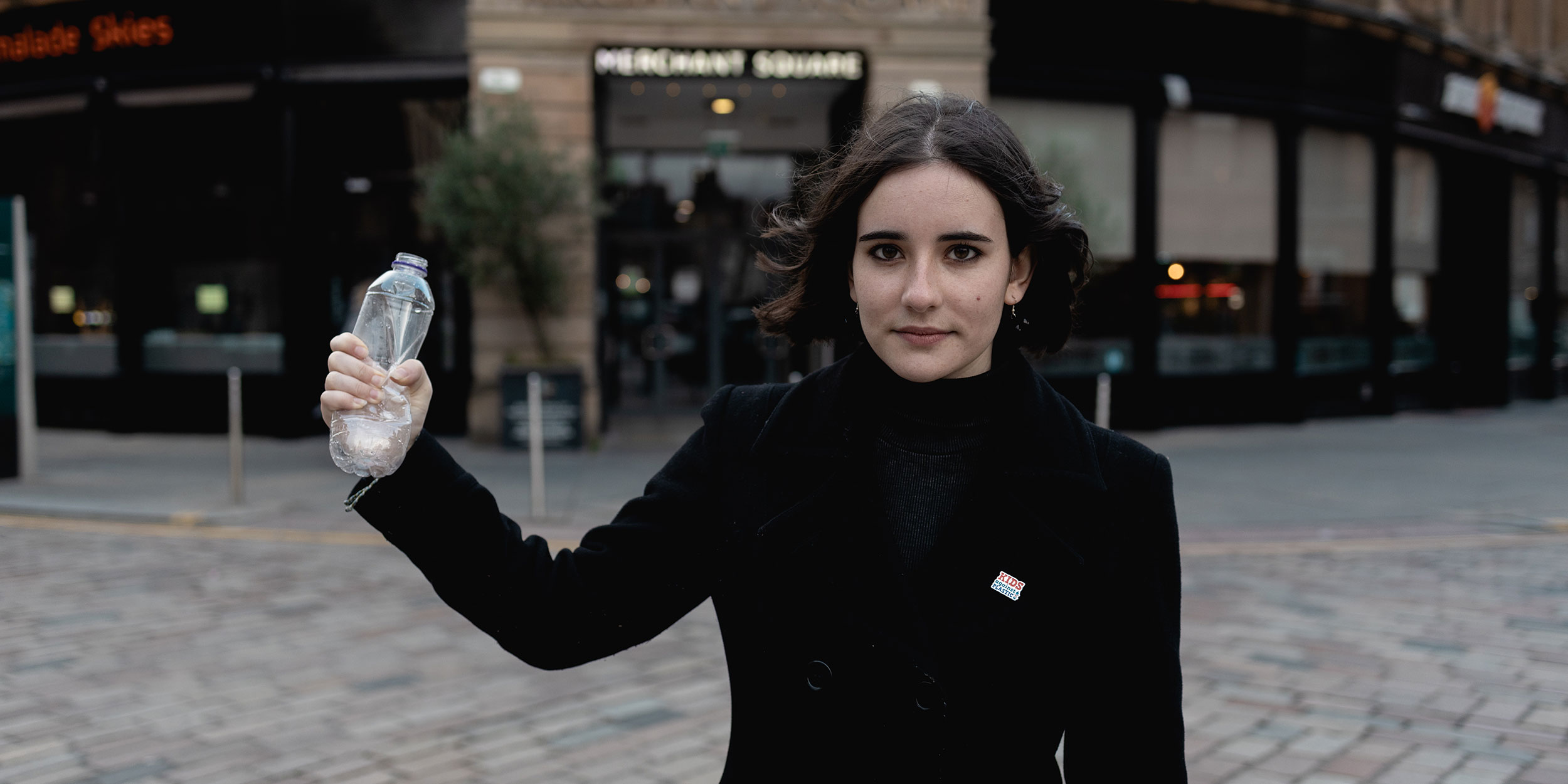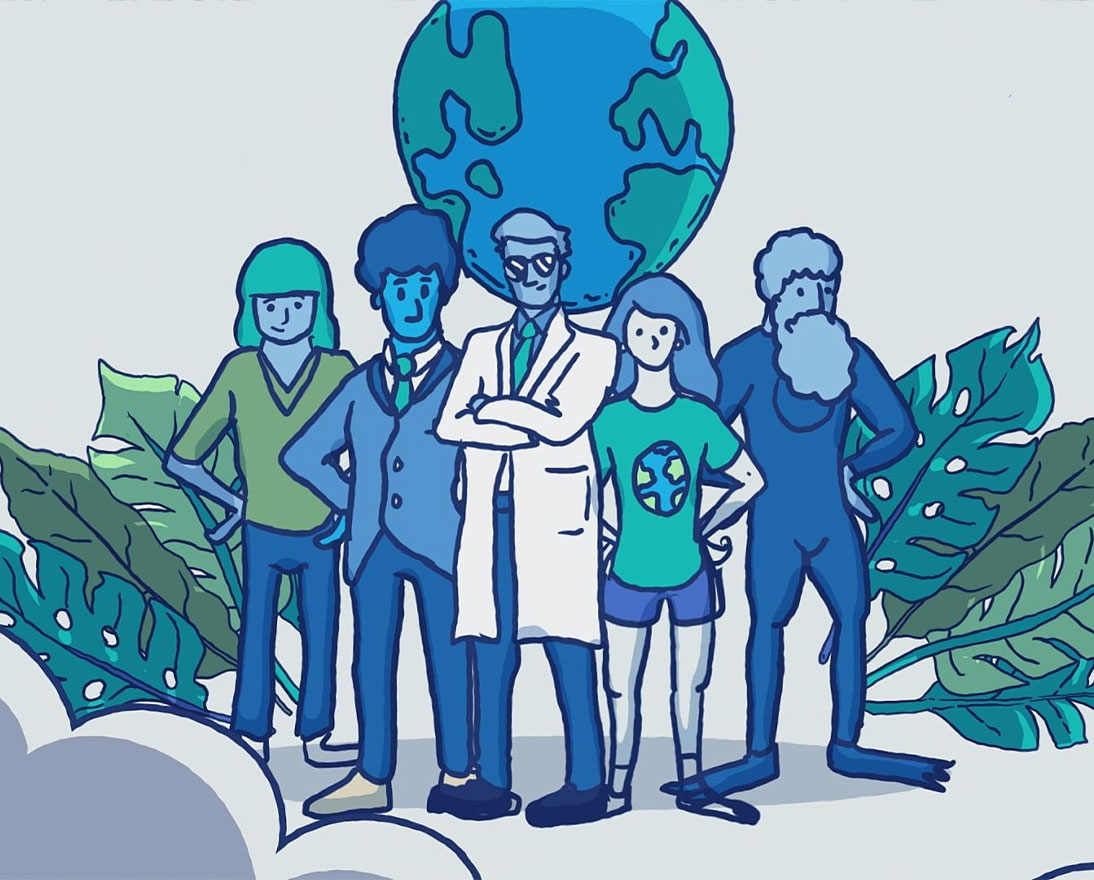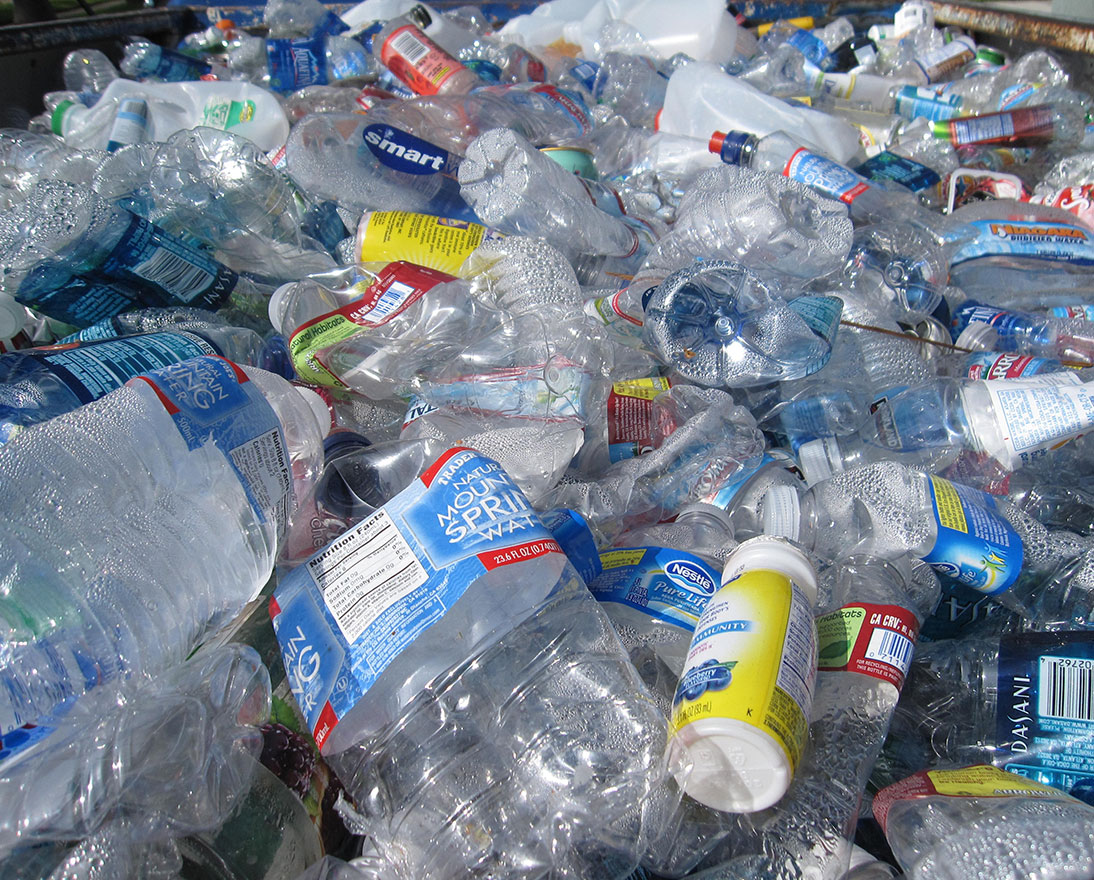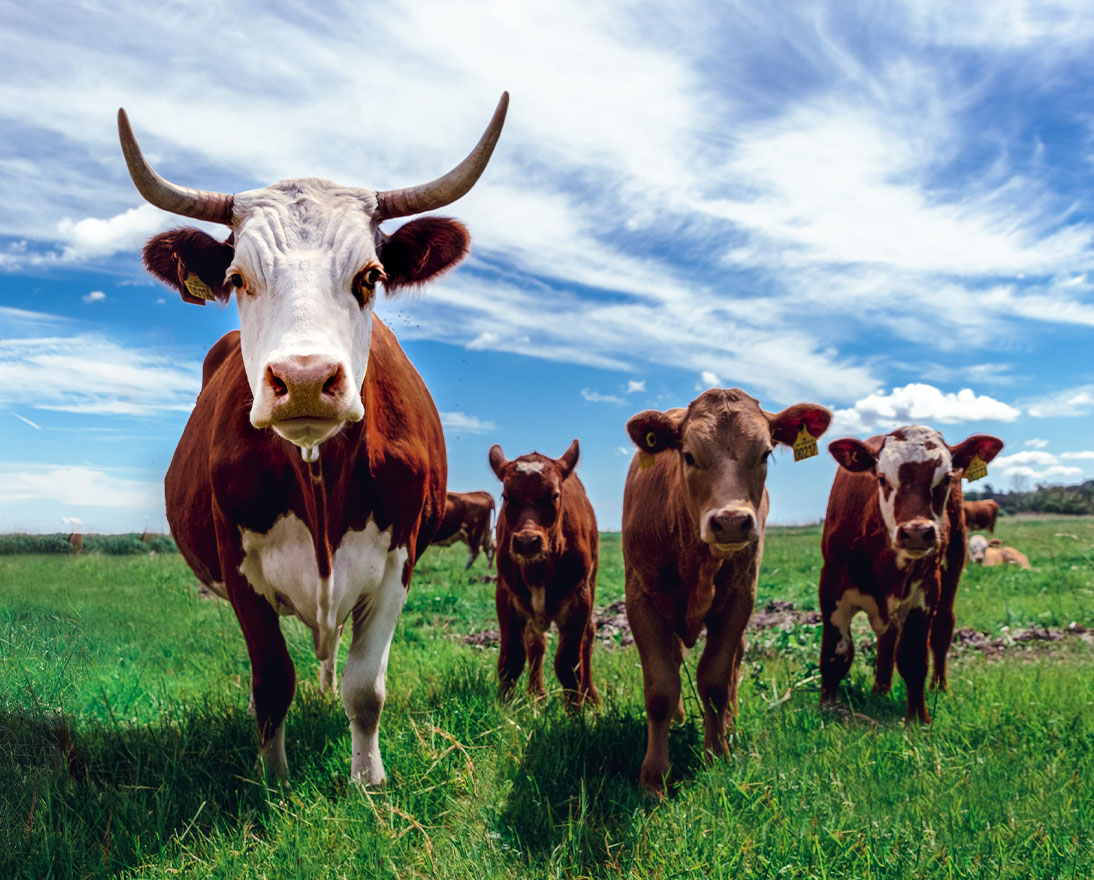Inside the mind of a young climate activist
SustainabilityArticleDecember 3, 20219 min read
Many young climate activists are unfairly labeled as angry anarchists. But Amy Meek has grown into a pragmatic and optimistic campaigner through her work with Kids Against Plastic. She’s not angry, just incredibly determined to make a difference.
“This is our last chance, and that’s a scary feeling,” says Amy Meek, referring to the discussions at COP26. “But what’s the alternative? Is the alternative to sit and wait for governments, for corporations, or is it to actually think, ‘right I’ve got a really important role I can play here in this fight against climate change’?”
Amy is one of the growing number of teenagers and young adults that have become prominent figures in the global push to tackle climate change. Derided by some for being an alarmist, angry mob, the 18-year-old is proof that this generation of climate activists is well-informed, articulate and passionate about protecting the planet.
Together with her sister Ella, Amy has been campaigning against plastic pollution since the siblings set up Kids Against Plastic in 2016, aged just 12 and 10 at the time. Kids Against Plastic is a pragmatic campaign. Instead of calling for all single-use plastics to be banned, it encourages people, schools and businesses to become ‘Plastic Clever’ and offers advice on reusable alternatives to reduce our dependence on plastic.
“We need to make these issues more accessible to people by understanding that habits are difficult to break. So, we focus on explaining how small changes and collective action can make a difference.”
The Meek sisters’ ‘Plastic Clever’ initiative has been adopted by more than 1,300 schools and over 50 cafés, businesses and festivals around the UK. They have also collected 96,000 pieces of plastic litter since the campaign started (the target is 100,000). Only last month, the sister’s impact was recognized when they became winners of the inaugural Pride of Britain Environmental Champions Award – they even received a congratulatory video message from UK Prime Minister Boris Johnson.
Amy the activist?
What started as a campaign to pick up plastic litter five years ago has evolved into an educational platform that sees both Amy and Ella regularly share the limelight with other climate activists at high-profile events. They spoke at the UN’s Young Activists Summit in Geneva in December 2019, and more recently Amy starred in the Youth Against Carbon Conference in October, organized by Zurich UK.
Amy’s messaging on plastic has also evolved. While she still discusses the environmental problems caused by plastic – such as the impact on marine ecosystems – she is more likely to explain how plastic contributes to climate change (see video below) or to talk about the issue of consumerism.
“The problem is the rate at which we’re consuming materials, be it plastic, paper or cardboard. It’s unsustainable. Overconsumption is the problem.”
But does Amy consider herself an activist? “I don’t mind being called an activist. I think there’s an unfair negative connotation around activism and so I’m happy to embrace the word to try and help break down some of the stigma. But I tend to go with campaigner because we started as a grassroots campaign and we run a charity.”
The stigma that Amy refers to, is the perception that youth activists are angry anarchists that “hate everyone, hate the government and hate the corporations,” says Amy. But anger is an emotion that Amy avoids.
“Everyone has their own way of dealing with emotions around climate change. The natural reaction is to be angry and frustrated. And for some young people, that drives them and sustains their activism. For me, that’s never been effective. For me, that leads to burn out and feeling disempowered and disengaged.
“My parents have always encouraged me to turn negative emotions into something positive. It’s not about blind optimism – where you think it’s all going to be fine – it’s about having realistic optimism where you believe we can still do something. It’s not too late, yet, but it’s getting close. The important thing now is to stay engaged and to take action.”
Pushy parents?
Another myth about young activists that Amy is keen to dispel is that they are being pushed by their parents. It’s clear that Amy’s parents have influenced her thinking and they continue to provide guidance and support on Kids Against Plastic. But Amy’s passion for campaigning comes from within. She’s even taking a double gap year before going to university so that she can focus full-time on spreading her message.
“There’s this weird perception that youth activists are pushed into it by their parents. You hear it all the time with Greta. But 99 percent of the time, that’s not the case. It’s never been something that Ella and I have been forced into.
“Our parents gave us the opportunity to learn about environmental issues. I’ve been campaigning against plastic for almost a third of my life now, but it’s been my choice to keep going and I’ve loved every second of it.”
But as her profile rises, Amy is aware that negativity could follow her – especially on an emotive topic like climate change. “Stating your opinion and accepting not everyone is going to like it is something I still grapple with a lot with environmental campaigning,” she says.
“I think everybody who puts their neck out on the line will get some negativity. We just try and take it in our stride. Ignore it if we need to and if it’s constructive, we take it on board.
“Climate change is a diverse issue with many different strands that even scientists and politicians argue over. And there is also a constant battle over responsibility – it’s why we’ve had two decades of inaction at COP.
“But with Kids Against Plastic we push a message of unity. It’s not one or the other. It’s not individuals or companies or governments, it’s us all together. If we’re going to take action in time on climate change, we can’t afford to be in-fighting anymore. We just need to unite.”
Kids Against Plastic: Humble beginnings in a caravan
Amy and Ella – aged 11 and 9 at the time – were taken out of school in 2015 by their parents Tim and Kerry, who gave up their jobs, sold their house and traveled around the UK and Europe for two years. But as teachers they were able to provide their daughters with a unique home-schooling environment.
“Our parents wanted to give us a sense of the world and provide a more flexible curriculum that allowed us to pursue things we were interested in and that were not covered in school, like the environment,” says Amy.
Naming it ‘learning on location’, the Meek family explored the history and natural environment of where they visited. Other topics were added to the curriculum, such as the UN’s 17 Sustainable Development Goals (SDGs). They focused on the three SDGs that were most relevant to their lives: responsible consumption and production (no. 12), climate action (no. 13) and life below water (no. 14). And there was one common denominator in all three SDGs – plastic pollution.
“We had grown up in the outdoors and always had a love for nature and animals, so to learn how they were being harmed by plastic really shocked us at that young age and made us want to do something about it.”
“We saw two young girls, these two sisters, who were our age when they started their campaign. And we thought, ‘why can’t we do the same, why can’t we do something to make an impact on plastic?’ They really gave us the belief that we could do something as well,” Amy recalls.
They began picking up plastic litter along country roads while in France, but then watched an inspirational TedTalk – a popular learning tool on the road. It featured Melati and Isabel Wijsen who had founded Bye Bye Plastic Bags when aged just 12 and 10. A campaign founded in 2013 to rid their home island, Bali, of single-use plastic bags.
Amy and Ella’s Kids Against Plastic campaign started in 2016 with litter picking, but they soon realized the litter they cleared was quickly replaced by more discarded plastic. The sisters decided to attack the source of the problem by initially targeting bottled water manufacturers and supermarkets in the UK. But disappointing responses, and the discovery that a lot of messaging over plastic recycling was misleading, made them decide on focus on educating consumers about single-use plastic through their website, social media channels as well school and community group talks.
2018 was a pivotal year. Kids Against Plastic was given a grant by the Geovation Accelerator Programme and then shortly afterwards gained charity status, which enabled them to raise more funds to create educational resources. Then in April 2018, the sisters were asked to speak at TEDx Exeter. Not only did it allow them to spread their message to a wider audience, but it also started a stratospheric rise in their personal profiles that today sees them with celebratory status within climate circles.
Those were the beginnings, so what about the future? “I’m 18 now. I’m technically not a kid anymore and I can’t be the face of Kids Against Plastic when I’m 40,” says Amy. “But this charity has never been about us, so we want to pass it on to younger kids and give them the same learning opportunities that we have had.”
Amy and Ella, together with their parents, are currently mentoring a group of young people who will take over the reins from Amy and Ella when they lose their ‘kid status’. But Amy will continue campaigning.
“We didn’t go into it with a plan of action,” she says. “It was very slow in the first couple of years and so we never imagined, planned or aspired for it be anything massive. But I cannot imagine turning my back on campaigning. It will be part of my future career and the rest of my life.”
Amy Meek is acting as one of Zurich’s climate heroes inspiring and showing the potential of the cumulative power of collective actions from governments, companies and everyday people.



